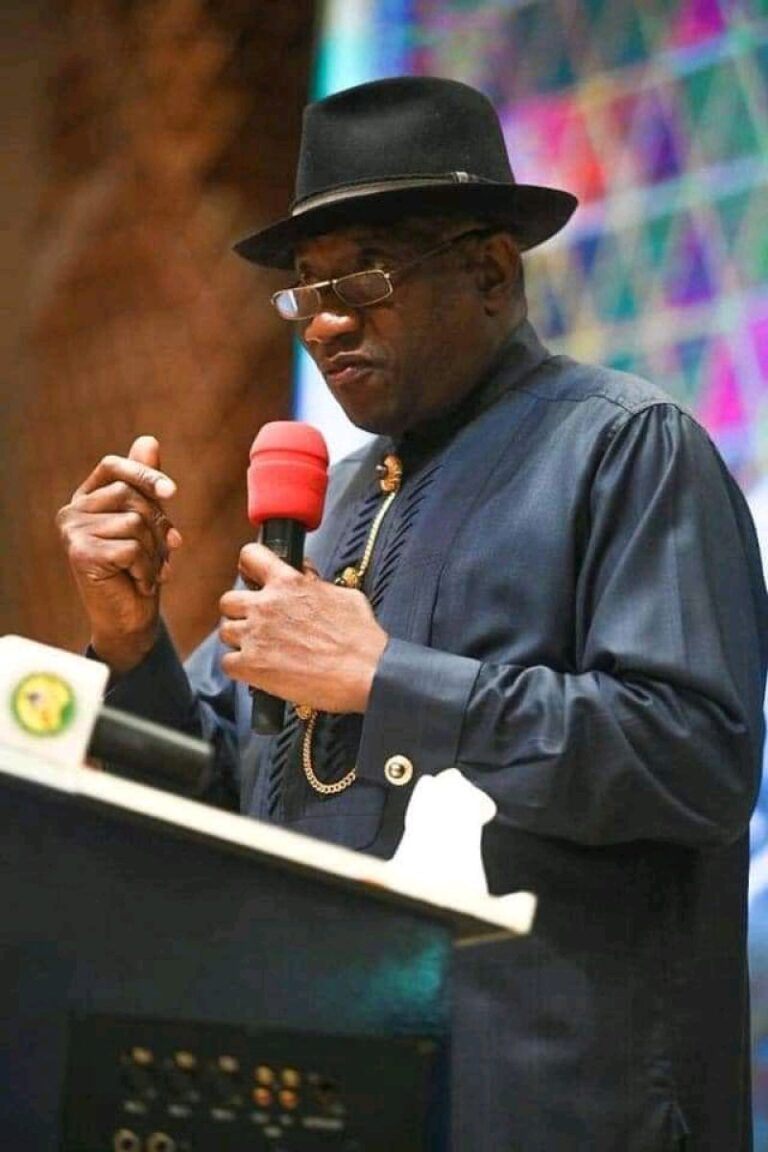DAILY TRUST
In this interview, a former military head of state, General Yakubu Gowon (rtd) highlights some of his experiences in office, what transpired before and after the civil war, and restates his belief in a united Nigeria.
You are committed to Nigeria’s unity; how did you take it when the civil war broke out?
I grew up with other Nigerians in a little village called Wusasa. It is Hausa community, but honestly, we knew one another. We either attended church together, or if you were a Muslim, you would go to mosque together, whether you were Hausa, Yoruba, or whatever. The unity of this country is certainly something for me.
I have always said that if there’s no secession, there wouldn’t be a break out and there wouldn’t be a question of civil war because it got to the stage that the situation was getting pretty clear that a part of the country, the South-east wanted to secede.
My duty and profession at that time demanded to make sure that we kept the country together. And that was how it happened.
I had an experience of crisis in some African countries, especially the Congo. I served twice in the Congo and saw the brutality and suffering of the people, but little did I know that a few years later, one was going to face the same problem. We had to do whatever we could to keep the country together.
I can assure you that it was not done out of joy but to make sure that at least we would be able to live together after resolving the problem. That was what we did.
The soldiers were given what we called a list of dos and don’ts like all the Geneva Convention instructions in any international conflict. There were about 12 conditions, such as not permitted to fight against old people, women, children etc. It was only against those who took up arms against you; that’s all. But unfortunately, it happened.
If given another opportunity, what would you have done differently?
I don’t think I would have done anything differently. Every effort was made to make sure that the situation did not degenerate into a breakaway. I had a duty to make sure that the breakup of the country did not happen. We had to fight for two and a half years and made sure that there was no interference from outside. There was no question of allowing any nation or power to get involved in our crisis. If you remember, in the Congo you had United Nations forces made up of Nigerian troops and others from other parts of Africa to deal with the problem.
At least we were able to deal with that problem and make sure we were able to live again as a people. So, I couldn’t have done it differently.
There are still agitations in the South-east for a Republic of Biafra. Does it mean that the three Rs that were declared after the civil war failed to make any impact? What is your message to the people of that region?
The Rs stand for reconciliation, rehabilitation and reintegration, and of course, reconstruction.
The instruction I gave to the fighting troops after the war was, ‘having fought your brothers and sisters, I want you to be soldiers of peace. Do whatever you can to help them get back to their homes and places; and give whatever assistance to them.’
Despite what happened, a lot of courageous Igbo people that lived in the North went back to Kaduna, Kano, Jos etc and got back their properties, which some of their friends had kept for them. They got them back almost immediately. The troops helped to transport them to various parts of the country.
There was no question of trial. Everyone was given the opportunity to go back if they wished. But I gave a special instruction to soldiers, especially officers because they knew that they should not have gone against the government. That was where a few retirements were made.
I had Mr Ukpabi Asika, a brilliant nationalist as administrator and gave him all the assistance he needed. For example, we gave assistance to get the schools going. There was also the medical side, etc. A lot of things were done so that at least you could start getting the reconciliation and integration so that people would be able to go back to various parts of the country.
READ THE FULL STORY IN DAILY TRUST


